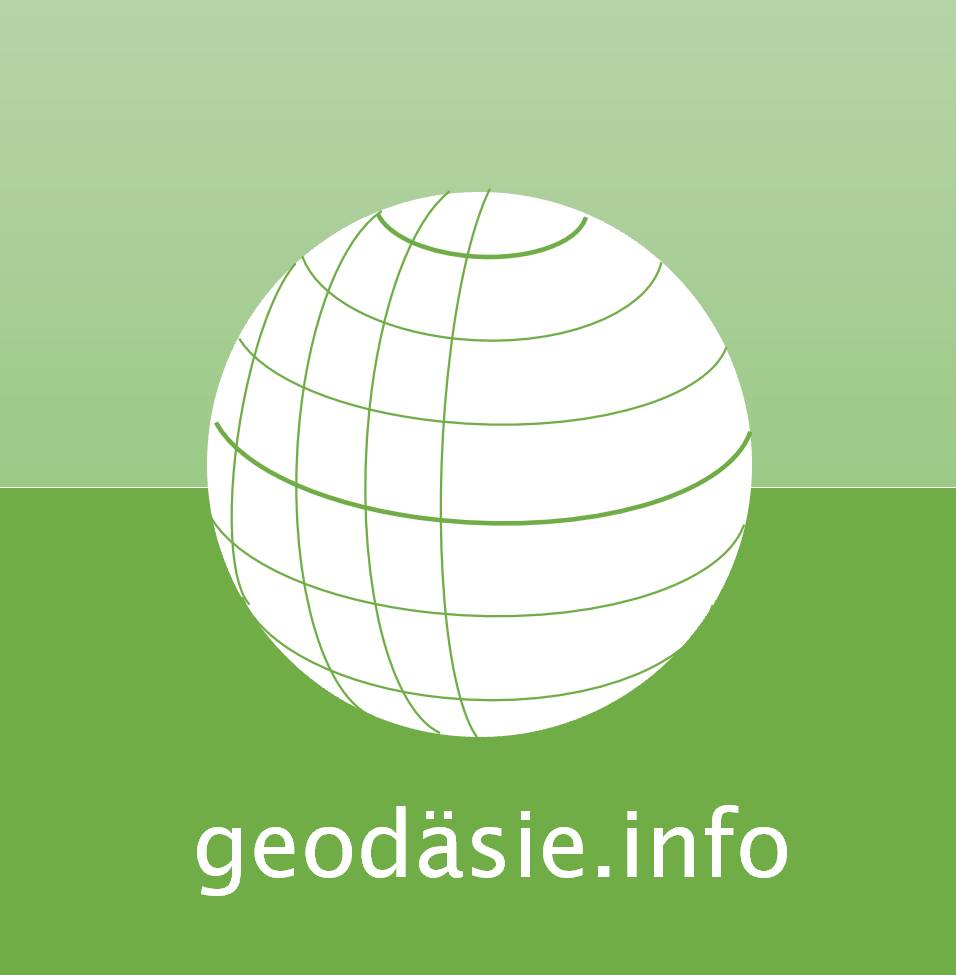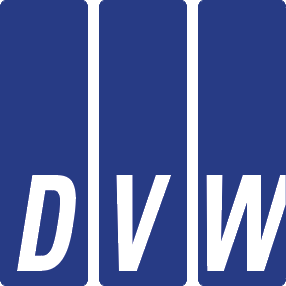Zusammenfassung
Summary
Digitalization nowadays is one of the dominant buzzwords in politics and society, and it is widely believed that through digitalization almost all fields of societal and structural development will open up to new and better opportunities. For rural areas, which are often perceived as lagging behind, digitalization stands for the prospect of catching up with the »smart« urban centres. However, to use the potential of digitalization effectively requires to consider the specific conditions of rural areas. Therefore, the Federal Rural Development Scheme (BULE) has been set up as an important aspect of the political agenda, and in order to test and evaluate innovative approaches to rural development. It is aimed at generating comprehensive knowledge from research, individual model projects and a large-scale virtual platform for applications specifically developed for rural areas. By the means of digitalization, in the long term this three-pronged approach constitutes the scheme’s over-arching goal, which is to maintain and improve the equivalence of living conditions between urban and rural areas in Germany.

